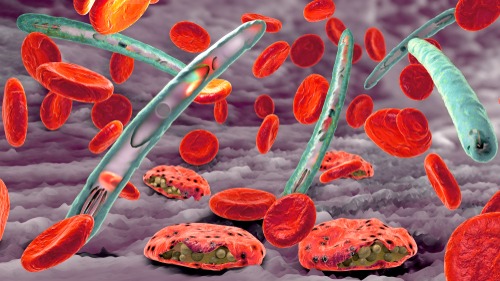
A new partnership arranged between SC Johnson and the Global Fund this week will focus on resource development for malaria, one of the world’s oldest and deadliest diseases.
Together, the pair intend to push for social impact in some of the places malaria has proven most stubborn: Burundi, the Democratic Republic of Congo, Kenya, Rwanda, South Sudan, Tanzania, Uganda, and Zanzibar.
“Malaria claims the lives of hundreds of thousands of children every year, and yet it remains one of the most neglected diseases on the planet,” SC Johnson Chairman and CEO Fisk Johnson said. “We’ve been working for decades on preventative interventions and innovative solutions, such as spatial repellents, to help those most at risk. We know we can’t tackle this insidious disease alone. That’s why we are partnering with the Global Fund and calling on leaders here in Kigali to redouble their efforts to help end malaria once and for all.”
Kigali, Rwanda, hosted the 2022 Commonwealth Heads of Government Meeting.
Each of the partners brings its own resources to the mix. SC Johnson will be providing more than 60 years of technical knowledge to support country-led efforts to eliminate malaria. The Global Fund handles the financing side, as it is already responsible for 56 percent of all international financing for malaria programs, having invested more than $16 billion into control programs to date.
“SC Johnson’s strong expertise in entomology can be a key asset in supporting our partners to accelerate progress in the fight against malaria,” Peter Sands, executive director of the Global Fund, said. “This new initiative is a great example of how the private sector can bring innovative solutions and technical expertise to bear on the fight against the world’s deadliest diseases. Ahead of the Global Fund’s Seventh Replenishment, we will continue to count on our private sector partners to invest with us to defeat HIV, TB, and malaria, end health inequity, and protect humanity from pandemics.”
The Global Fund hopes to raise at least $18 billion to fund its next three-year cycle of grants through the Seventh Replenishment Conference. That conference will be hosted by U.S. President Joe Biden later this year. The organization estimated that a successful Replenishment could help cut malaria deaths by 62 percent and overall cases by 66 percent. It might even allow for the elimination of malaria in six more countries by 2026.




